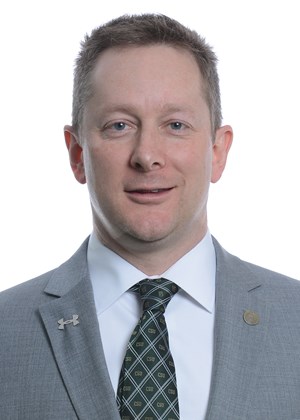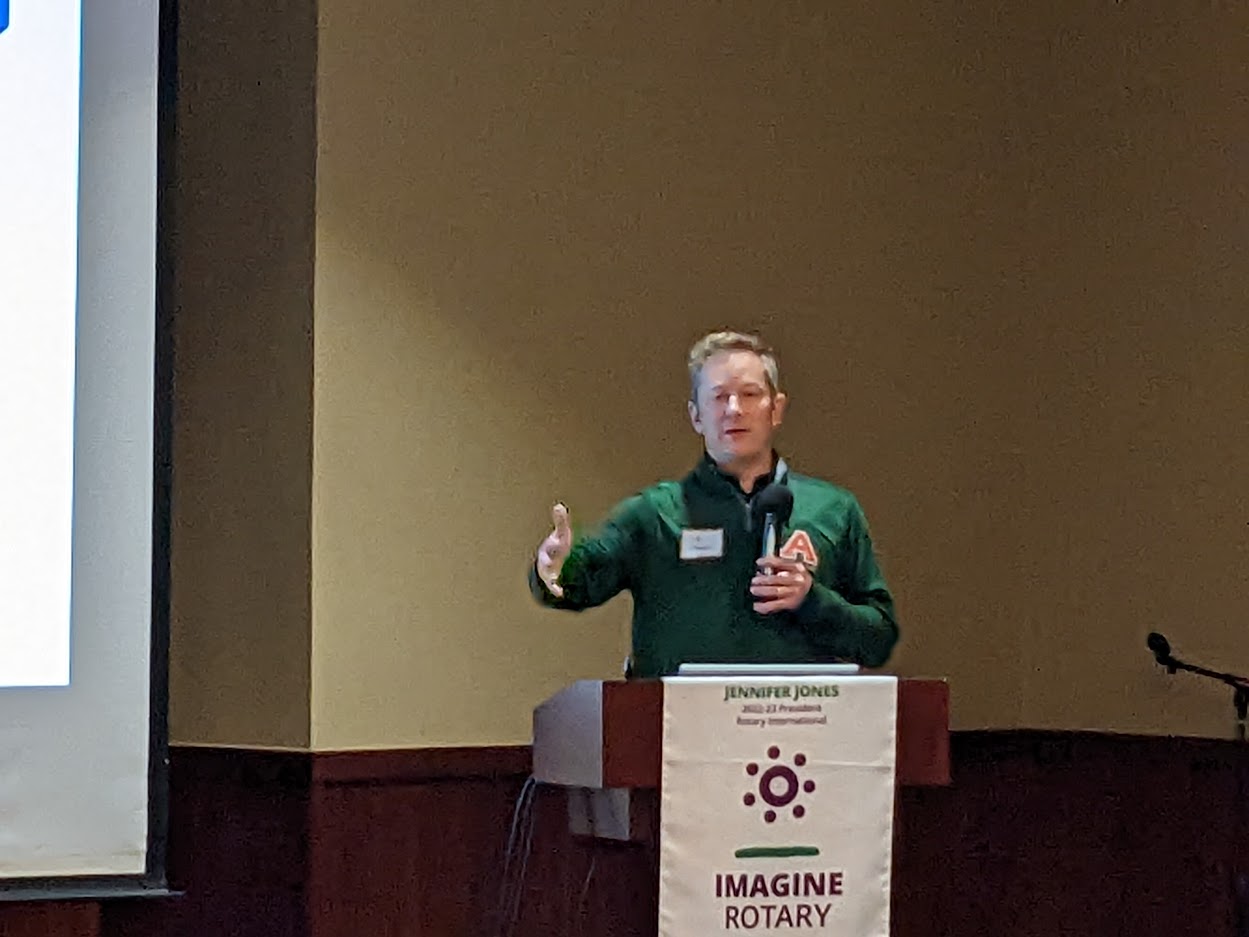
Last week we were inspired by Niko Medved, CSU men’s basketball head coach.
First, those who coach to get the most wins alone will never be satisfied. Better to “grow young men”.
After his arrival, Coach Medved quickly realized that success for CSU basketball required getting back community support. His players and staff effectively connected with our community and last year sold out the last 5 games of the season (something never done here before). From Coach’s office he could see students lining up 2 hours before games and developing a new “problem” of having to turn away students.
Last year was memorable for the teams’ NCAA seed and for that very special player, David Roddy. Although headed for a first round NBA spot, David gave his all while at CSU and thanked his coach for preparing him for his next chapter. Our community is excited for the new season and season tickets are getting scarce.
In the past, there was a natural “break” with time to reflect after the NCAA tournament. Not anymore. So much has changed - the transfer portal, the NIL rules. A new “circle of life” exists, forcing all involved to take time to enjoy and be in the present and embrace its’ challenges. And it is only 2 weeks until the first official practice, looking forward to what will be a tough schedule.
Coach Medved spent the rest of his time sharing his philosophy of coaching and leadership - sharing several quotes and words to play, and perhaps, live by in these most challenging times. How does a coach evolve and lean into these changes without changing who he is or his core values?
Empathy is key. We commonly complain about “these kids” but we need to remember this is a world we helped create. We need to think about all the challenges and difficulties the young face that did not exist when we were growing up. Think, for example, how the “mental health crisis” might play out for a basketball star who has a bad game and gets to read about it (not in the newspaper tomorrow) but immediately and personally on multiple social media.
What is the job of leaders? It is not to create followers but rather, leaders. It is to create teams led by players in a supportive environment with standards of behavior. The best leaders offer simple solutions to complex world problems. They teach players how to think and provide the “why” behind their direction. An elite coach is “easy to please, but hard to satisfy” (ie, there is no finish line).
A team’s culture is often a topic. Culture in this setting always comes down to people. The coach must possess the wisdom to select the staff that will maintain and enhance the team’s culture. There are 4 types of coaches. 1) the (mostly historic now) intimidator, 2) transactional (wants results - you win for me and will be rewarded in kind 3) relational (favors relations over accountability) and 4) transformational – this one requires competence, psychology to motivate and heart (be a master “connecter”). We are fortunate to have a “number 4” head coach of CSU men’s basketball, Coach Niko Medved.
Members asked a few questions as we were almost out of time - what are graduation rates under these rules? (Not so good), how is NIL evolving? (Not as intended) and who will replace Roddy?
